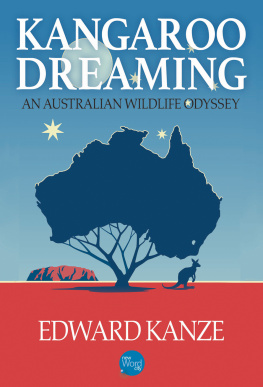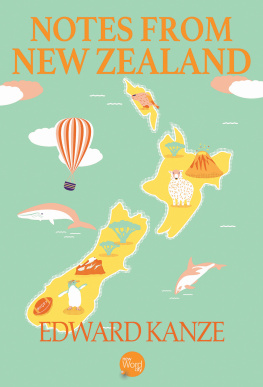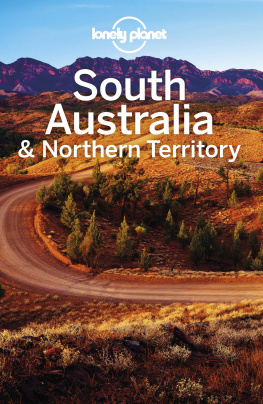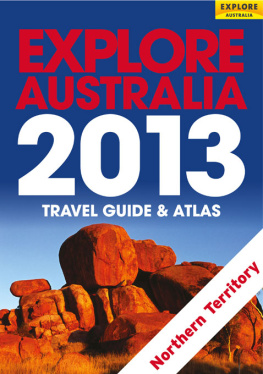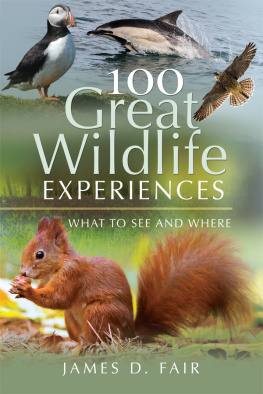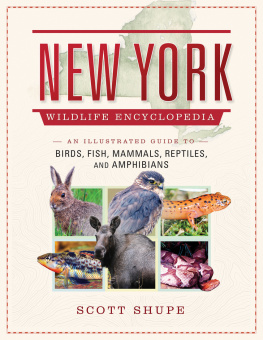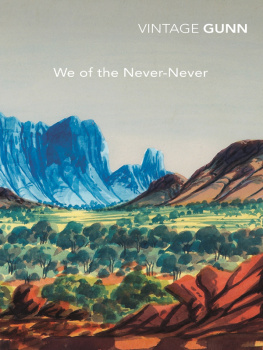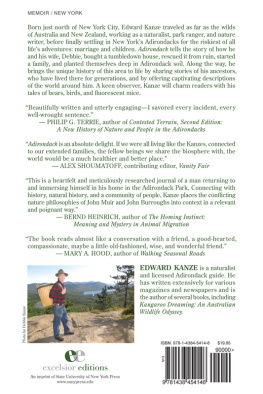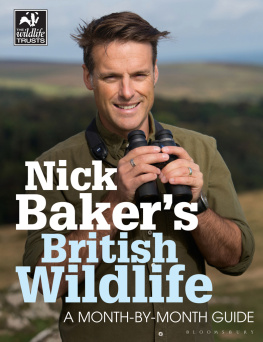Edward Kanze - Kangaroo Dreaming: An Australian Wildlife Odyssey
Here you can read online Edward Kanze - Kangaroo Dreaming: An Australian Wildlife Odyssey full text of the book (entire story) in english for free. Download pdf and epub, get meaning, cover and reviews about this ebook. year: 2000, publisher: Random House Inc, genre: Home and family. Description of the work, (preface) as well as reviews are available. Best literature library LitArk.com created for fans of good reading and offers a wide selection of genres:
Romance novel
Science fiction
Adventure
Detective
Science
History
Home and family
Prose
Art
Politics
Computer
Non-fiction
Religion
Business
Children
Humor
Choose a favorite category and find really read worthwhile books. Enjoy immersion in the world of imagination, feel the emotions of the characters or learn something new for yourself, make an fascinating discovery.
- Book:Kangaroo Dreaming: An Australian Wildlife Odyssey
- Author:
- Publisher:Random House Inc
- Genre:
- Year:2000
- Rating:4 / 5
- Favourites:Add to favourites
- Your mark:
- 80
- 1
- 2
- 3
- 4
- 5
Kangaroo Dreaming: An Australian Wildlife Odyssey: summary, description and annotation
We offer to read an annotation, description, summary or preface (depends on what the author of the book "Kangaroo Dreaming: An Australian Wildlife Odyssey" wrote himself). If you haven't found the necessary information about the book — write in the comments, we will try to find it.
Edward Kanze: author's other books
Who wrote Kangaroo Dreaming: An Australian Wildlife Odyssey? Find out the surname, the name of the author of the book and a list of all author's works by series.
Kangaroo Dreaming: An Australian Wildlife Odyssey — read online for free the complete book (whole text) full work
Below is the text of the book, divided by pages. System saving the place of the last page read, allows you to conveniently read the book "Kangaroo Dreaming: An Australian Wildlife Odyssey" online for free, without having to search again every time where you left off. Put a bookmark, and you can go to the page where you finished reading at any time.
Font size:
Interval:
Bookmark:
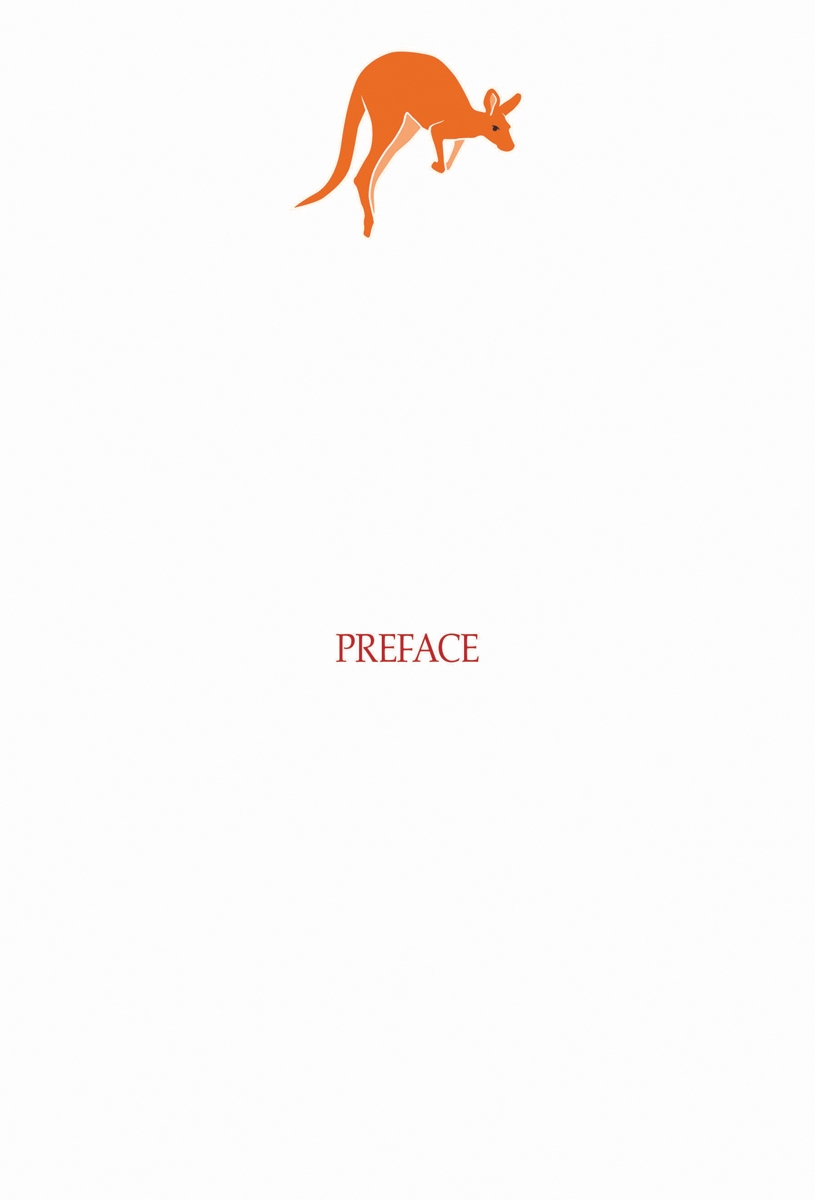
On a river in Australias torrid Northern Territory, my wife, Debbie, and I drifted in a fourteen-foot boat. Below us, estuarine crocodiles cruised like enemy submarines. The largest reptiles alive, these aquatic T-rexes grow to twenty-four feet. They have prodigious appetites, and the place swarmed with them.
Trembling like eucalyptus leaves, we looked toward the banks. In the grass, crocodiles sprawled, several of them longer than our boat. Around us, the eyes of other crocs bulged above water the color of lentil soup. They watched us with interest, and as it sank in that we were being scrutinized like a menu, our stomachs knotted. Yet fear of the unknown, I find, is worse than that of the known. It was the monsters we couldnt see, the ones lurking beneath us, that most rattled our equanimity.
The river and the boat-rental office in which we had signed our lives away lay at the end of thirty-five miles of dirt road rife with potholes. The evening before, a sinewy man in a sweat-stained T-shirt had fetched a clipboard from a shack and worked out the deal. As the money changed hands the following morning, he grinned like a piano keyboard. Get in, he said. We got in. Another flash of teeth and gaps. Grunting, the man grabbed our bow. With a sickening hiss of metal against sand, the boat slid backward, straight into the channel. The man watched from the bank for several minutes, smirking like a Roman who had just tossed his lions a couple of tasty Christians.
On the surface, all was serene. The St. Marys River lay smooth as glass, reflecting clouds. Amber rays of sunlight slanted out of the northeast, gilding palms that grew along the banks. Cool air brought the tang of brackish water and fish. The time was seven-thirty in the morning.
Rising cautiously to my feet, I pulled the starter. The outboard roared to life. Thank heaven. Fifteen minutes earlier, we had watched two fishermen set off in another rental boat. The man in the stern had yanked the cord again and again. The thin-skinned vessel had drifted in a basin roiling with crocodiles. I imagined us in the same situation, miles upstream. What would we do? Swimming for shore in the St. Marys would be like skydiving without a parachute - exciting, but fatal.
As the motor purred reassuringly, I nosed the boat upstream. In the bow, Debbie sat quietly, her face drawn tight against her bones.
For better and for worse, we knew that Crocodylus porosus, the estuarine crocodile, has catholic tastes. Exceeded in ferocity only by the dinosaurs of old, and native to India, southeast Asia, Australia, and New Guinea, it seizes, perforates, drowns, and devours a smorgasbord of prey: water buffalo, beef cattle, lizards, dogs, kangaroos, men, women, and children. The reptile is cunning, an expert at ambush . A favorite modus operandi is to ease softly into a river or waterhole at the first clump of hooves or footsteps and then submerge where the path meets the shore. If a cow, kangaroo, or tourist is foolish enough to enter the river for drink or dunking, the monster is ready. It erupts from its hiding place like a missile from a submarine. Crunch go the jaws.
Gazing into an uncertain future that morning, I saw the journey we were making around Australia in a new light. Ours was no ordinary jaunt around the tourist circuit. It was an adventure of Homeric proportions - a wildlife odyssey. We had traveled to Australia to gain firsthand knowledge of the plants, animals, and people that make the continent unique. And we were finding that monsters, temptresses, and misanthropic reptiles lay frequently in our path.
If anyone could be blamed for our predicament, it was Ralph Waldo Emerson. Early in the year preceding our departure, I had read Robert Richardsons Emerson; The Mind on Fire. The book had triggered a feeding frenzy. I bolted Emersons essays morning, noon, and night. As I did, the same ideas that had goaded Henry Thoreau into forsaking a soft bed in his parents house for the cold comforts of Walden Pond had fortified my resolve to see Australia, at once. In Nature, Emerson wrote: To the body and mind which have been cramped by noxious work or company, nature is medicinal and restores their tone. The tradesman, the attorney comes out of the din and craft of the street and sees the sky and the woods, and is a man again. In their eternal calm, he finds himself. The health of the eye seems to demand a horizon. We are never tired, so long as we can see far enough.
I was tired. During the year leading up to our departure, I saw beyond the walls of my office only rarely. Noxious work afflicted me, left me pale and withered, eyes glued to a computer screen, or to pen and paper, hindquarters stuck to a chair. I was in my late thirties. Friends thought my desire to give up everything for a year in the Australian bush was madness. College kids do things like that. I hadnt been a college kid in eighteen years. Yet my instincts told me to go, and without delay. Trust thyself, advised the mentor of Thoreau and Burroughs. Every heart vibrates to that iron string.
Debbie had caught the bug, too. A year of Ralph at breakfast, Waldo at lunch, and Emerson at dinner had infected her with a serious case of self-reliance. She was weary of office work. The ringing of telephones was driving her mad. Emerson spoke to both of us. The cool man with the fiery mind advised frank action. Only later would circumstances show that the sages wisdom had its limits. In the river full of crocodiles, for example, our iron strings played Retreat.
In self-trust all the virtues are comprehended, wrote Emerson, who probably never gazed on a reptile big enough to eat him. Free should the scholar be - free and brave. Free we were. No jobs, no commitments, no itinerary. As for brave, only events would tell.
Every wanderer may secretly fancy his journey an odyssey, and travel has a way of testing the mettle of us all. Nevertheless, the parallels between our rambles in Australia and Odysseuss trials are uncanny. The Greek, no hero when it came to eschewing comforts, traveled by the best, fastest, and most comfortable means available to him - a boat supplied with sails, sailors, oars, oarsmen, and numerous goatskins of wine. We acted in kind. After traversing the Pacific on a jumbo jet equipped with cabin crew and a bar, we explored that great America on the other side of the sphere, as Herman Melville called Australia, in a sixteen-year-old Toyota.
Regarding a womans presence in this odyssey, consider the following points. The original Homeric journey took place before the advent of feminism. A man could abandon his wife for ten years in those days, never write home, and return with a reasonable chance that dinner would be waiting on the table. Times had changed. My odyssey was Debbies, too. She had no more interest in staying home, pressing olives, and shrinking violets than I had in leaving her to fend off suitors. We had no son or daughter, no Telemachus, to defend her virtue, nor the means to host a decade-long house party. Debbie, too, longed for adventure. And perhaps, having read of Circe and Calypso, of Clinton and Lewinsky, and of wandering men and Trojans, she knew it would be tempting fate to send her husband off without a chaperone.
Our two greatest concerns upon arriving in Australia, lotos -eaters and Cyclopes notwithstanding, were intoxicated drivers and snakes. We could, and did, greatly reduce our risk of harm by the former by driving cautiously and staying off roads after dark. This stratagem also helped prevent fatal encounters with kangaroos, which are more thick-headed around automobiles than are deer in our own part of the world.
As for snakes, our extensive experience with them in North America gave confidence that even the deadly ones would do their best to avoid us. Nonetheless, we would be wary. Serpents are so numerous in Australia, wrote the nineteenth-century explorer Carl Lumholtz, that it is of course necessary to keep a sharp look-out and not get too close to them. They may be met everywhere - on the ground, in the trees, in the water, nay, even in the houses .... The bushmans precaution of always examining his bed before retiring to rest I deem worthy of imitation. Wed look before we slept.
Font size:
Interval:
Bookmark:
Similar books «Kangaroo Dreaming: An Australian Wildlife Odyssey»
Look at similar books to Kangaroo Dreaming: An Australian Wildlife Odyssey. We have selected literature similar in name and meaning in the hope of providing readers with more options to find new, interesting, not yet read works.
Discussion, reviews of the book Kangaroo Dreaming: An Australian Wildlife Odyssey and just readers' own opinions. Leave your comments, write what you think about the work, its meaning or the main characters. Specify what exactly you liked and what you didn't like, and why you think so.

